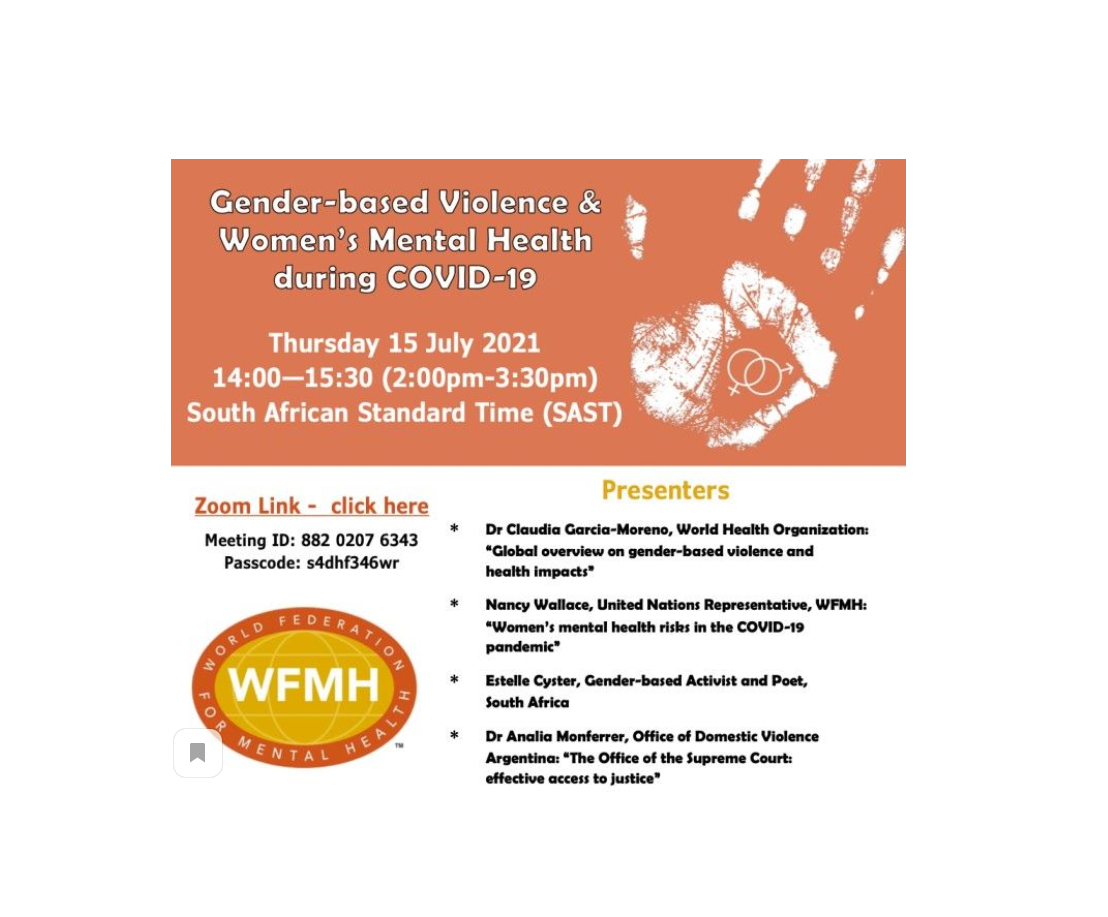The priority for workplaces in the new normal? Wellbeing
Liz Hilton Segel, North America Managing Partner, McKinsey & Company
- Businesses should treat wellbeing as a tangible skill, a critical business input and a measurable outcome.
- Forward-thinking companies will embrace wellbeing as an index of learnable actions and daily behaviour.
- By talking about wellbeing and backing it with action, leaders can eliminate a work culture that implies work should come before personal needs.
The COVID-19 pandemic has made it painfully clear that the wellbeing of the workforce is in jeopardy. At a time when more than half of Americans say the pandemic has negatively affected their mental health, employees are needing and increasingly demanding additional support from their employers.
A November report from McKinsey & Company showed that 62% of employees globally consider mental health issues to be a top challenge during the COVID-19 crisis, with higher reporting among diverse groups. The same report paints a picture of employers that are scrambling to meet the moment: 96% of companies globally provided additional mental health resources to employees, but only one in six employees reported feeling supported.
Moreover, the costs associated with not addressing employees’ mental health issues cumulate to a material impact of hundreds of billions of dollars — from lower motivation and work productivity, to increased calls to mental health services, to anxiety about unprecedented family needs. Mental health occurs along a continuum, with thriving and positive mental health on one end and serious mental illnesses or addictions at the other. In between, there are a range of conditions that vary in intensity and impact that employers need to understand and support.
To truly build a more resilient workforce and rebuild the economy in 2021 and beyond, employers should prioritize wellbeing, which is the state of being comfortable, healthy or happy. Wellbeing can be achieved when our mind, body and sense of purpose lead us to feel positive about ourselves and satisfied with our lives. Businesses should treat wellbeing as a tangible skill, a critical business input and a measurable outcome.

Wellbeing is a skill that we can all learn and model
Wellbeing as a skill is a daily intention that can be enhanced by elements including meditation, sleep, exercise, nutrition, community belonging, a spiritual connection and more. Forward-thinking companies will embrace wellbeing not as a vague concept, but as an index of learnable actions and daily behaviour.
Like any skill, wellbeing must be practiced every day. Employers who want to build a workplace that prioritizes wellbeing will treat it like a growth priority by rolling out self-assessment exercises and measuring improvement against the skills needed to achieve wellbeing. This in turn allows employees to identify their starting points, discover their building blocks, and track their own improvement. Each of us will have a different set of practices and experiences that lead to a positive sense of wellbeing, and others that cause stress, anxiety or discomfort. It is critical to recognize this and actively cultivate the elements that enhance one’s wellbeing.
Forward-looking companies will enable and empower employees to find the right mix of tools and experiences for their individual needs. For some, creating time to recharge means prioritizing adequate sleep, exercise or nutrition. Others might place emphasis on carving out time for mindfulness, disconnecting from technology or reconnecting with community.
We should anticipate that employees will seek out employers who not only commit to supporting wellbeing, but also have visible and accessible pathways for employees who need help and flexibility for customization within their approach.
A better future is possible when business helps build the skills for wellbeing
We improve our ability to problem solve, present, communicate, resolve conflict and lead at work through the coaching of colleagues and formal learning opportunities. In the same way, wellbeing should be treated as a business-critical skill that can be improved through training and development programmes.
It is crucial that leaders value their colleagues’ and peers’ wellbeing just as much as their technical skills, and it is their responsibility to model positive behaviour and prioritize supporting colleagues’ own efforts. It could be as simple as building in wellbeing check-ins as part of team meetings and ensuring key resources such as self-help tools are easily accessible. By talking about nurturing your wellbeing openly and backing it with significant action, leaders can eliminate a work culture that implies work should come before personal needs – and empower employees to invest in themselves so that they can be at their best for others.
Moving forward, managers must be equipped to create a safe space for open conversations. Based on a recent McKinsey survey, only 30% of employees say they feel comfortable talking to their manager about their mental health. Wellbeing cannot be achieved without creating workplaces that empower employees to prioritize themselves, and talk about their overall wellbeing, specifically their mental health, as easily as they might discuss a broken arm. Employers should invest in training to equip their workforce with the skills, language and norms needed to support these conversations.
One simple yet powerful tactic we have implemented to measure the wellbeing of our workforce is sending out a weekly, one-to-two question survey that simply asks “How are you feeling?” This allows us to get a quick, automatic pulse each week on how everyone is doing – and we are able to look at the data by geography, practice area, role and other filters. While not a standalone solution, it allows us to identify areas we need to provide with more support, helps us measure the wellbeing of our workforce and gives employees an option to request individualized and confidential support.
We have rolled out additional training for all colleagues to provide early intervention support to those experiencing psychological distress, as well as resources to help employees develop skills that will nurture their wellbeing and build their emotional flexibility.
In this moment, when technology allows the demands of work to permeate our lives 24 hours a day, 7 days a week, there is a clear case for businesses to build their employees’ skills for wellbeing. The actions businesses take through this current global crisis will make us stronger in the future. As we navigate the challenges of today, our capacity to foster wellbeing in the face of uncertainty will determine the strength of our leadership tomorrow.









